A Chinese Foreign Ministry spokesperson on Thursday said the U.S.'s loose management of small arms and light weapons and ammunition, massive weapons export, and persistent transfer of military articles to non-state actors poses a grave threat to regional and international peace and stability.
Spokesperson Wang Wenbin made the remarks at a regular press briefing in response to a query about a third substantive session of the UN's open-ended working group on conventional ammunition. During the session, a proposal by countries including China calling on parties to refrain from transfers of ammunition to non-state actors met with opposition from the U.S.
Noting the U.S. owns more guns per person than any other country in the world, Wang pointed out that gun violence has become a recurring nightmare for the American people.
He added that the U.S.'s loose management of small arms and light weapons and ammunition, massive weapons export, and persistent transfer of military articles to non-state actors are equally worrying.
"Its gross interference in other countries' domestic affairs fuels armed conflict and social chaos," said Wang, adding that a lot of the ammunition from the U.S. have become untraceable and even ended up in the hands of terrorist and extremist groups, posing a grave threat to regional and international peace and stability.
According to data from the U.S. State Department, Wang said that the U.S. foreign military sales in fiscal year 2022 increased by nearly 50 percent from fiscal year 2021, primarily due to the escalating Ukraine crisis.
"By pouring weapons into Ukraine, the U.S. and other Western countries are making the Ukraine crisis harder to resolve," he said.
Quoting data from the Center for American Progress, Wang pointed out that 50,133 guns that originated in the U.S. were recovered in criminal investigations across 15 countries in North America, Central America, and the Caribbean between 2014 and 2016, which means U.S. weapons were used to commit a crime every 31 minutes.
The scourge of weapons is just one tip of the iceberg of what the U.S. exports, Wang said, adding that it brings to other countries not democracy or progress of human rights, but livelihood woes and instability.
"The U.S. needs to know that the more it engages in such exports, the worse the backfire will be on the U.S. itself. Instead of generating more problems, the U.S. needs to think of what it can actually do to benefit the international community," said Wang.












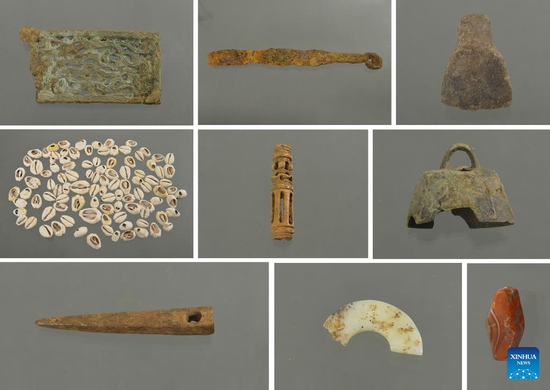
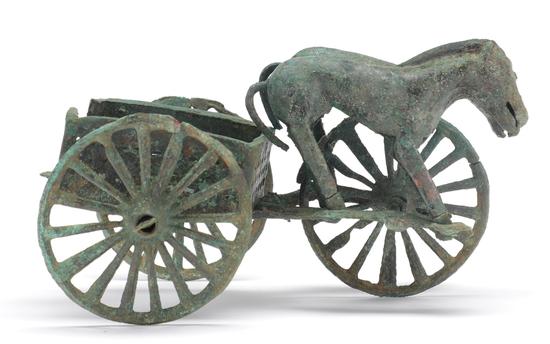



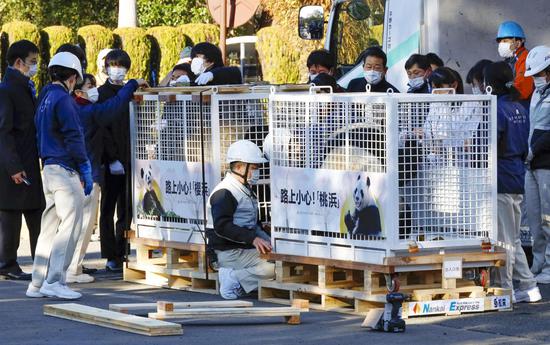
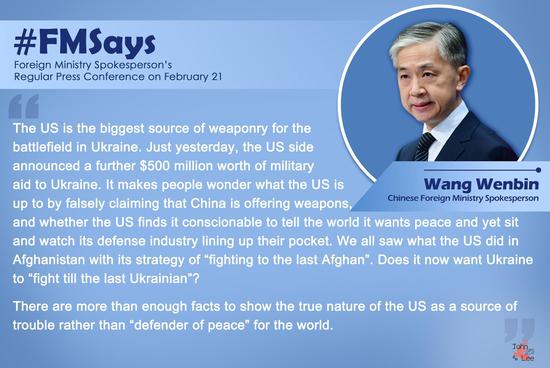
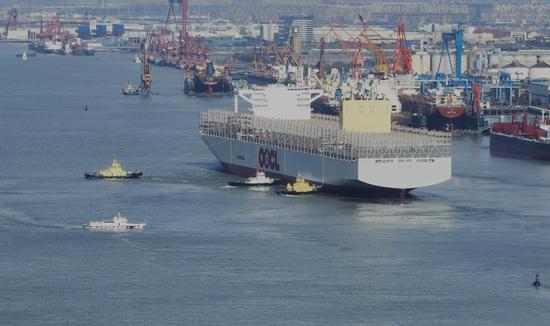


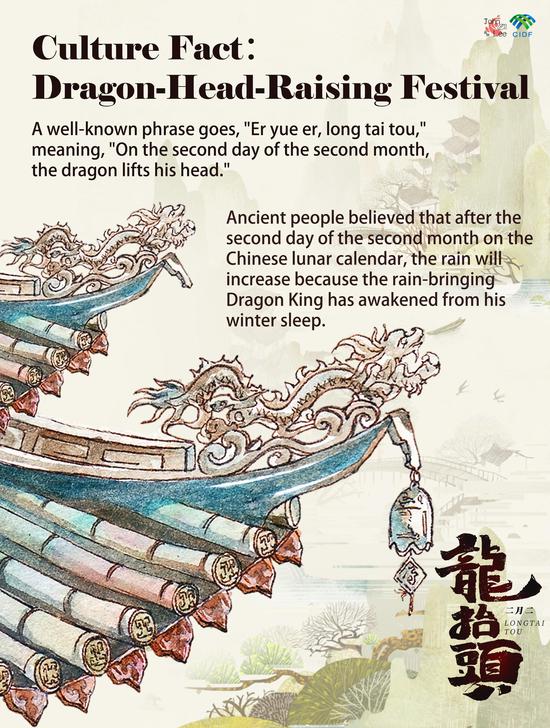
















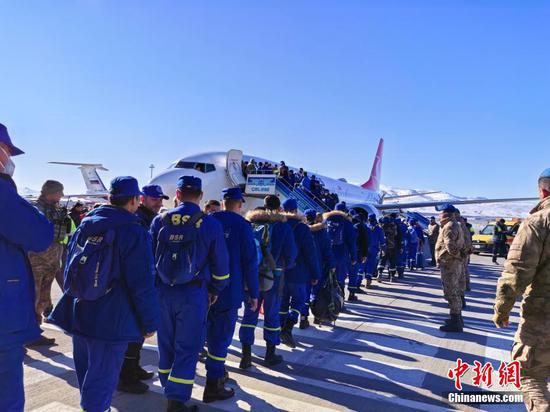










 京公网安备 11010202009201号
京公网安备 11010202009201号